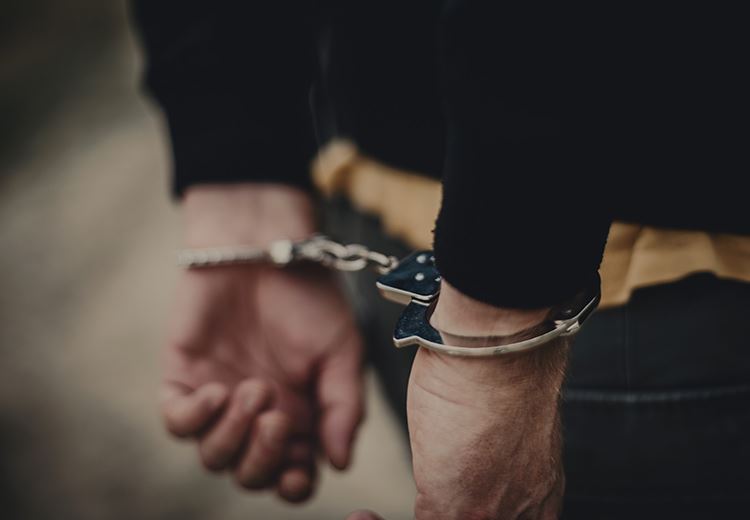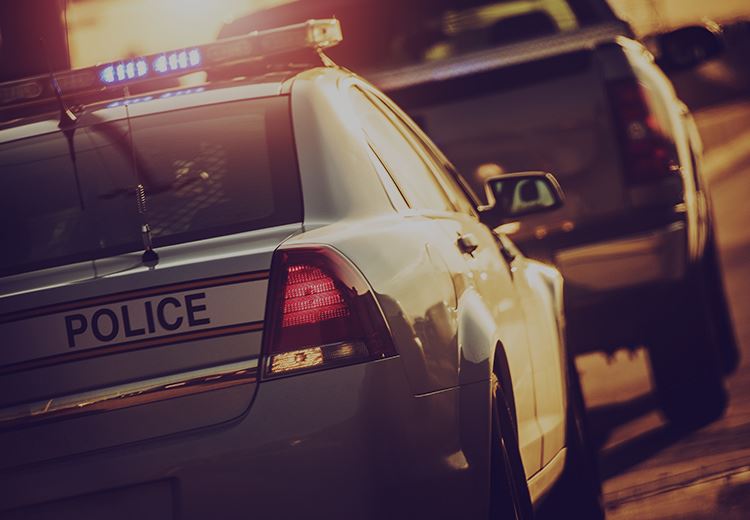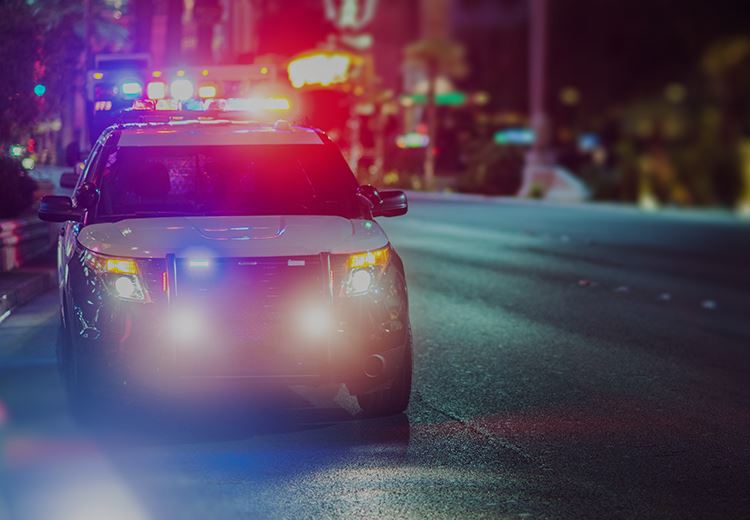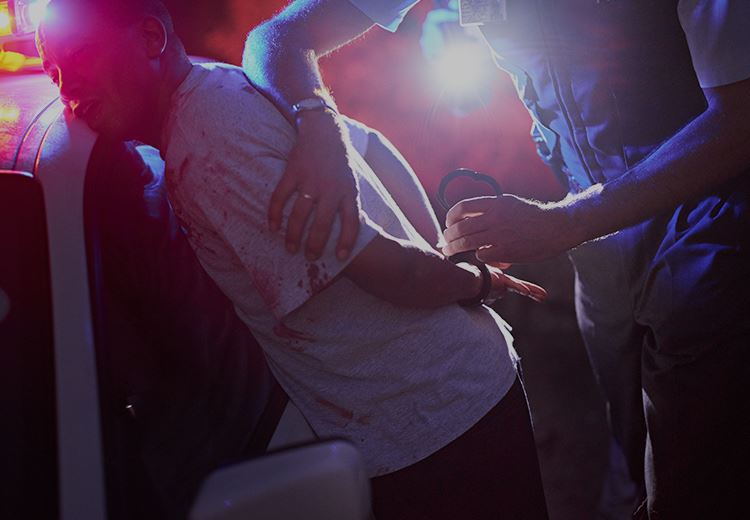
DMV License
Suspension Hearing
What is a DMV License Suspension Hearing?
A DMV (Department of Motor Vehicles) license suspension hearing is a legal proceeding held by the DMV to determine whether a person's driver's license should be suspended or revoked. These hearings are typically held after a person has been arrested for driving under the influence (DUI) or for other serious traffic offenses.
During the hearing, the DMV will review the evidence related to the person's arrest, including the results of any chemical tests (such as blood or breath tests) and the arresting officer's report. The person facing the suspension has the right to present their case, including any evidence or witnesses that support their defense.
The outcome of the hearing can vary depending on the specific circumstances of the case. If the DMV determines that there is sufficient evidence to support the suspension or revocation of the person's license, they may take administrative action to suspend the license for a specified period of time.
It's important to note that a DMV license suspension hearing is separate from any criminal proceedings related to the DUI arrest. Even if a person's criminal case is dismissed or they are found not guilty, the DMV may still suspend their license based on the outcome of the administrative hearing.
It's advisable for anyone facing a DMV license suspension hearing to seek legal representation from an attorney who is experienced in handling DUI and administrative hearings. An attorney from our firm can help you navigate the complexities of the process and work to protect the your driving privileges.
DMV License Suspension Hearing Process
Once a driver has been arrested for DUI and booked at the police station, they will be served with a DMV Notice of Suspension. This suspension will take effect in 30 days — unless an administrative hearing is requested (see below).
Accompanying the suspension will be a DMV form called an “Officer’s Statement – Admin Per Se,” completed by the arresting officer and setting forth the facts of the case relevant to the suspension. The officer signs this document under oath and it is forwarded to the department directly.
The arrestee then has 10 days to request a license suspension hearing by contacting a local DMV office of Driver Safety. It is vital that a hearing is requested within this rigid 10-day window, or the right to a hearing is permanently lost, and the suspension will automatically take effect 30 days from the date of arrest.
Vehicle Code § 13558(d) and (e) provide that your DUI attorney can obtain a stay of the suspension if the request for a hearing was made within ten days of the notice or if the requested hearing cannot be scheduled before the thirty-day temporary license expires. Note: The hearing is completely independent from the criminal court proceedings; winning one proceeding and losing the other is not uncommon.
Before the hearing is held, the DMV will conduct an internal administrative review on the case to ensure that the evidence complies with the requirements for an administrative suspension. Once this review is complete and the driver’s attorney makes the demand for a hearing, a hearing date is set.
Schedule a free initial consultation with The Law Offices Of Taylor & Taylor by reaching out online or calling (562) 330-4173 today.


-
"I have come across many attorneys in my life and I have never been treated as well as I have her"
I have come across many attorneys in my life and I have never been treated as well as I have here. Every phone call was ...
Anthony D. -
"Chris not only got me down to a Wet Reckless but was able to significantly reduce the penalties I would face."
Im am so glad that I read the reviews of Taylor and Taylor after my first "incident" and immediately contacted them. Chris ...
Suzi J. -
"Christopher always made me aware of what was going on with my hearings, and got me the best outcome possible."
When you need to get a lawyer, you aren't usually in a great situation. I wasn't at least. Christopher and his team never ...
Jessica S. -
"They will fight strategically to help you win your case."
These are the best lawyers in LA/OC when it comes to DUI cases. They will fight strategically to help you win your case. My ...
Kendall L. -
"Jeanne Normandeau is a great lawyer. She knows how the Riverside court judges work."
Jeanne Normandeau is a great lawyer. She knows how the Riverside court judges work. She will fight for you and will get you ...
Joe E. -
"Won DMV hearing and got my case expunged for a minor issue"
Truly great team of lawyers. Handled everything the very best they could. Won DMV hearing and got my case expunged for a ...
Nick T. -
"This is a top level law firm. The Bible of DUI's comes from this firm!"
This is a top level law firm. The Bible of DUI's comes from this firm! These are the guys other attorneys call when they are ...
Tania C. -
"I would recommend this firm with no qualms!"
I received counsel in a sensitive legal matter from Lawrence Taylor Sr., and his advice was spot on. I did some research and ...
Jerry S. -
"Thankfully Mr. Taylor was able to help fight my case without me ever having to go to court"
You should never drink and drive anywhere, but especially don't do it in la Jolla! Cops down here have nothing better to do ...
Steven K. -
"Mrs. Normandeau is by far the hardest-working and most diligent attorney I have ever met."
I cannot express enough gratitude towards Taylor and Taylor's Attorney, Jeanne Normandeau. I hired Mrs. Normandeau for a VERY ...
Bruce R.

-
 Felony DUI w/ Injury
Felony DUI w/ InjuryRancho Cucamonga - 18 months prison, loss of license.
Reduced to Misdemeanor DUI (fine, no jail)
-
 2nd Offense DUI At High Speed
2nd Offense DUI At High SpeedVentura - 1-year jail, fine, loss of license.
Charges Dismissed
-
 Drunk Driving
Drunk DrivingLos Angeles - 6 months jail, fine, license suspension
Reduced to Exhibition of Speed (fine)
-
 DUI & Hit-And-Run (.30%)
DUI & Hit-And-Run (.30%)Vista - 1-year jail, fine, license suspension.
DUI Dismissed, Plea to Hit-and-Run (Fine)
-
 Drunk Driving w/ Drugs
Drunk Driving w/ DrugsGlendale - 6 months jail, fine, license suspension.
Charges Dismissed




